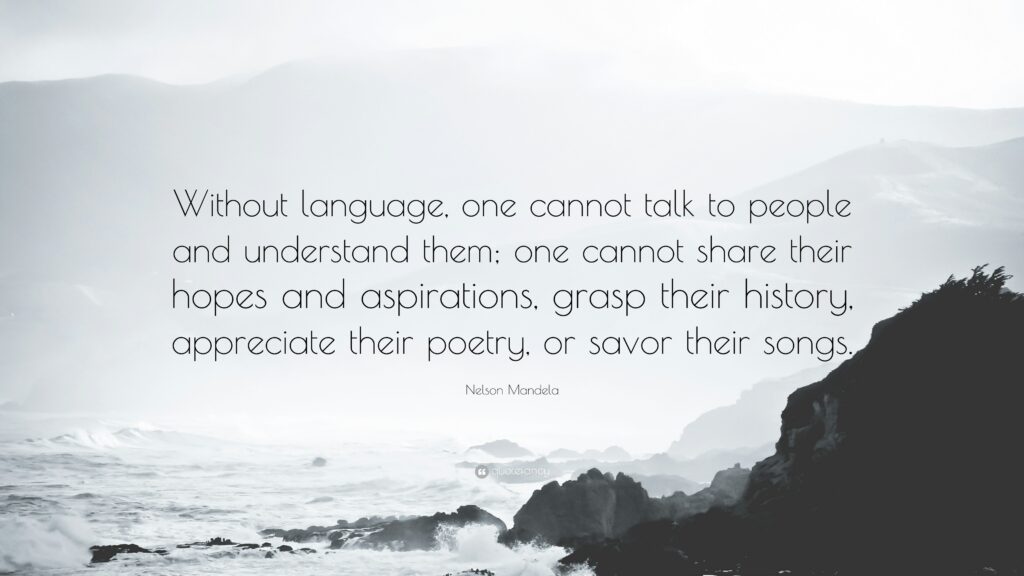“If you talk to a man in a language he understands that goes to his head. If you talk to him in his own language, that goes to his heart.” — Nelson Mandela

What is literary translation?
Literary translation is the translation of literary books, texts, articles, poetry, plays, songs…
It differs from translation or technical translation as it requires getting the original message across in the same manner as the original writer.
The literary style
Every writer has a literary style. The style is an essential characteristic of every literary writing, the writer’s creation, personality, and emotions at the moment. To some degree, it reveals the author’s personality.
For some authors, a translation should reflect the style of their original text, while others think translation should have the translator’s style and be more in line with the target language reader.

The skills of a literary translator
A translator should master both the source and target languages, identify with the author, understand their culture and country, and employ a good method for translating literary texts.
The literary translator must consider all aspects of the text: its lexical, grammatical, and phonological features and its beauty and style. These can be different between the source and the target language. So there is always a part of interpretation, approximation, and creation.
As a cultural difference, for example, the English language doesn’t heavily distinguish between formal and informal text, whereas French, Spanish, German, Italian, and many more have a clear distinction. This expression of formal voice is not limited to the language; the translator should also consider the culture, the epoch in which the action takes place…
The objective of a literary translation
The translator’s objective is to reach a quality level equivalent to the original text and translate the entire content.
Literary translation generally translates a message, not just a meaning, harmoniously.
The cultures can differ, and the dictionary might not give a precise equivalent word.
For example, a French translation can be significantly longer than the original English text. A single word like “clockwise” needs a full string of words, a full sentence “Dans le sens des aiguilles d’une montre” for its translation.
So the translator must find a way to express the same meaning of the original language with fidelity to their language.
Translations can also contribute to a better understanding of the source culture.
Your book translation to French
Your book met great success in your country and maybe across the world in other English speaking countries.
Imagine now reaching French speakers…
Contact us for your book translation into French